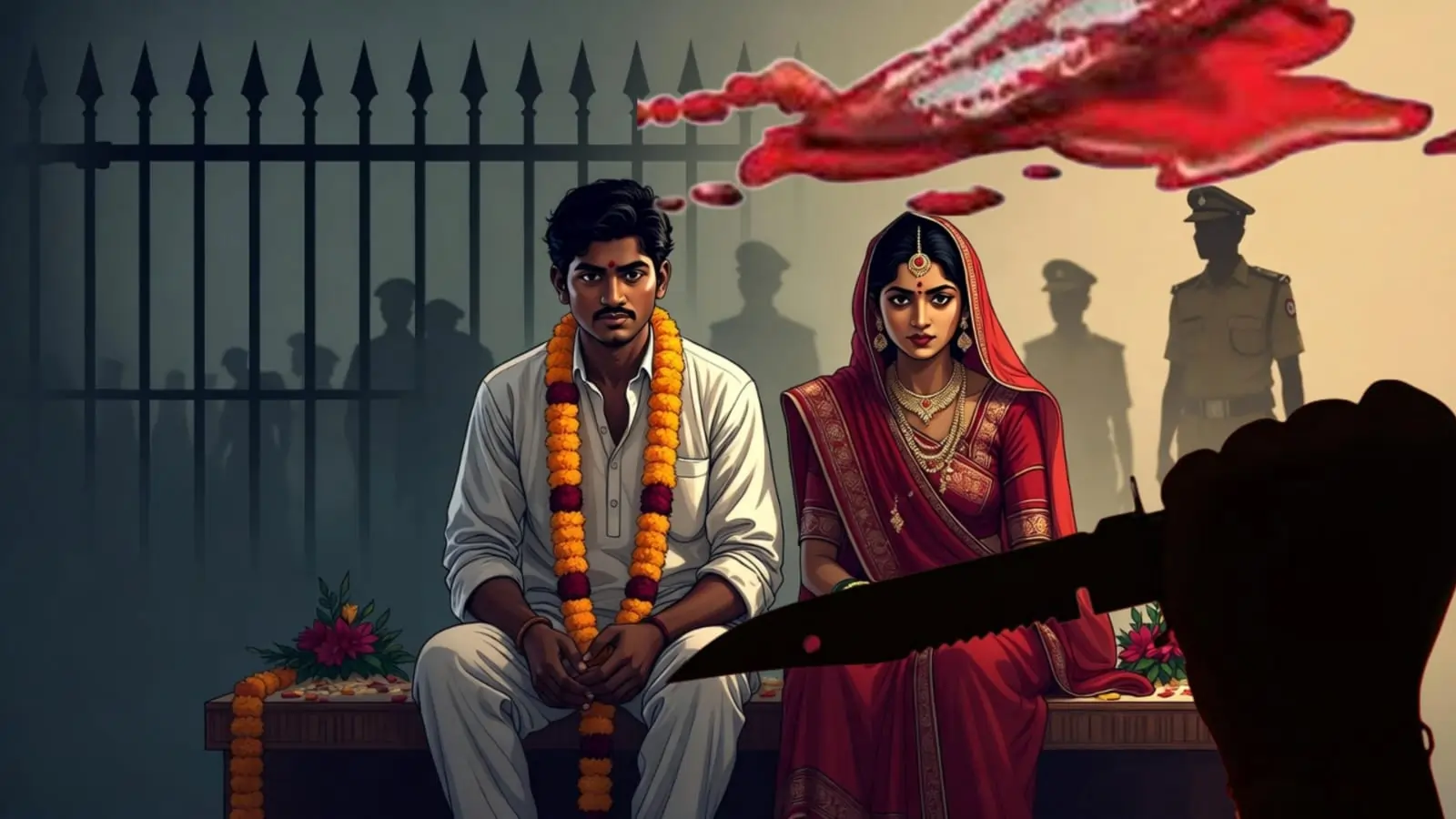Article Today, Chennai:
A 27-year-old youth from a backward community died after alleged torture in police custody in Sivaganga district, Tamil Nadu. The victim, Ajith Kumar, was working as a security guard at a local temple. He was picked up by the police on June 27 on suspicion of involvement in a minor theft. The shocking details of his death have drawn national attention, prompting the government to hand over the case to the Central Bureau of Investigation (CBI).
Torture Without Trial
Police allegedly took Ajith into illegal custody without filing an FIR. He was reportedly moved between locations — a godown, a water tank area, and other isolated spots — where he was brutally assaulted. Post-mortem reports revealed 44 injury marks and severe internal bleeding. His mother said he was seen trembling and shirtless, pleading that he had done nothing wrong. He was taken to a hospital on June 28 in an unconscious state and declared dead shortly after.
Post-Mortem Reveals Chilling Details
Initial police claims suggested Ajith died due to epilepsy or accidental injuries while trying to escape. However, the autopsy contradicted these claims. It revealed cigarette burns, signs of red chilli powder applied on wounds, and blunt injuries leading to internal bleeding. These findings confirmed that Ajith was subjected to extreme custodial torture. Following public outrage, five police personnel were arrested.
Echoes of ‘Jai Bhim’ Case
Observers have drawn parallels between Ajith’s death and the infamous Rajakannu custodial death case, depicted in the film Jai Bhim. Like Rajakannu, Ajith belonged to a socially backward community. Activists argue that custodial violence in Tamil Nadu disproportionately affects Dalits and Other Backward Classes. This case, they say, exposes the systemic caste-based bias within law enforcement.
Police Version Falls Apart
The police initially claimed that Ajith suffered a seizure. Later, they alleged he injured himself trying to escape custody. Both versions fell apart when medical reports surfaced. The documented injuries were consistent with prolonged physical abuse. The presence of burn marks and chilli powder traces ruled out any possibility of accidental injuries or self-harm.

CBI to Probe the Case
In light of the severity of the allegations and mounting public pressure, the Tamil Nadu government has transferred the case to the CBI. The agency is expected to investigate all aspects of the custodial death, including attempts to tamper with evidence and suppress facts. Human rights groups have welcomed the move but demand that justice be swift and transparent.
Caste-Based Violence Under Scrutiny
Ajith belonged to the Nadar community, categorized as a backward class in Tamil Nadu. His death has reignited debate over police bias and caste discrimination in the criminal justice system. Several reports indicate that most victims of custodial violence in the state come from oppressed or marginalized communities. Social justice advocates call for structural reforms to prevent such tragedies in the future.
A Wake-Up Call for Police Reforms
Ajith Kumar’s death is not an isolated incident but part of a disturbing pattern. The incident has highlighted the urgent need for police accountability, transparency in custody procedures, and robust protection of citizens’ rights. As the investigation unfolds, the nation watches closely — hoping justice will prevail, and change will follow.



